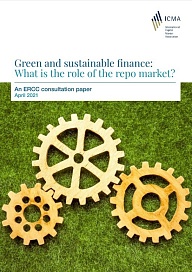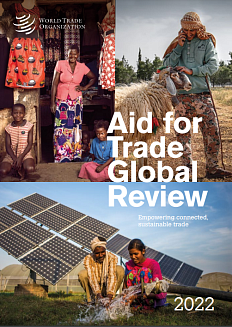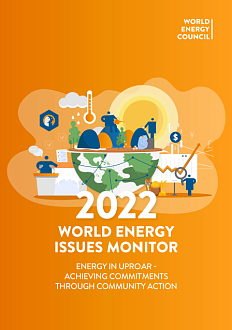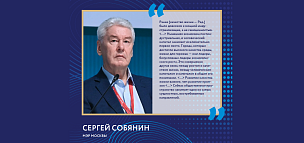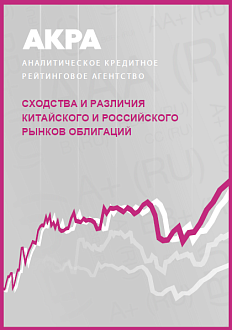The research of the International Capital Market Association (ICMA) focuses on «green» finance mechanisms and the role of repo transactions in advancing the agenda of sustainable development.
The Roscongress Foundation presents the salient points of the publication accompanied by fragments of broadcasts of relevant panel discussions from the business programme of international events held by the Roscongress Foundation.
The green finance market has grown significantly and the accumulated investment in «green» assets in Europe will reach €7.6 trillion by 2025, surpassing conventional funds.
The European Union’s European Green Deal (Green Deal) provides particular support for the expansion of environmentally and socially responsible financing mechanisms in Europe. Its goal is to make the EU a carbon-neutral economy by 2050 by attracting €1 trillion of «green» investments.
The Principles for Responsible Investment (PRI) — a UN-supported network of more than 3,000 investors with more than $100 trillion in assets — has become particularly popular. Such «green» mechanisms can be found in various segments of the financial market: from securities lending to ESG derivatives.
The process of «greening» the repo market remains debatable, but could take three possible paths of development.
Against the background of the increasing prevalence and popularity of responsible financing tools, the use of repo transactions (a type of transaction in which securities are sold and simultaneously an agreement is made to repurchase them at a predetermined price) to finance «green» projects encounters difficulties due to the short-term nature of the repo instrument. According to the authors, if verifiable and full-fledged standards, ratings and control instruments appear, repo transactions with a «green» component will become the «new normality» of the financial market.
The first path is repo with a «green» or «sustainable» component. In this case, a «green» repo market would be created, where investors would sell and buy bonds classified as «green». An example of this is the Green Bond GC Basket. Such classifiers make it easier to raise money for projects in the field of sustainable development.
The second path is a repo with a strict requirement to invest in projects with a sustainable development component. Unlike the first option, the second involves direct and long-term financing, more similar to «green» loans.
The third path is to classify repo transactions as «green» if «green» counterparties participate in them. Such entities must meet certain criteria of responsibility, and the quality of the participants is crucial and is the focus of the evaluation. Such an evaluation could build on existing ESG methodologies. A constraint is the voluntary nature of ESG standards and the need to disclose this component to third parties.
Video: https://roscongress.org/sessions/novaya-model-ekonomicheskogo-razvitiya-v-mire/search/#01:41:31.969
For more information, see the special sections of the Roscongress Foundation Information and Analytical System: Financial market, Sustainable Development, Portfolio investment devoted to the development that green finance tools receive and how they contribute to the transformation of the economy.


